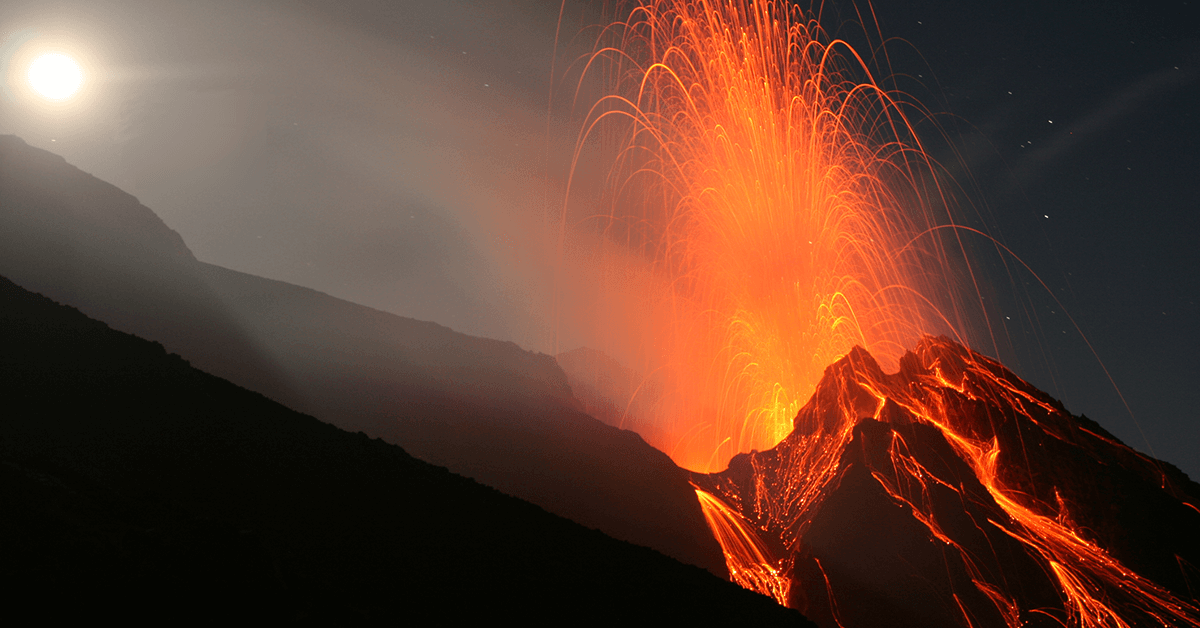
Will My Homeowners Insurance Cover a Volcanic Eruption?
Natural disasters are bound to happen, and for those who choose to live among Hawaii’s islands near active volcanoes, they can be a fact of life. For these homeowners, figuring out what your homeowner’s insurance covers when it comes to a volcanic eruption is especially important.
Lava flow hazard zones vary across the islands. An experienced REALTOR® or insurance agent can help you determine which zone your home is in. On the Island of Hawaii, according to the United States Geological Survey (USGS), there are 9 lava-flow hazard zones, “with lava flows most likely to occur in Zone 1 and least likely to occur in Zone 9.”
The high risk associated with living in a home in Zones 1 or 2 makes many of these homes difficult to insure with traditional homeowner’s insurance. Homeowners in these high-risk areas can obtain insurance through the Hawaii Property Insurance Association, which is an association of unincorporated insurance companies created by the Hawaii State Legislature. Homeowners in Zones 1 and 2, with insurance through HPIA, saw big rate increases in 2020 to recover the tens of millions in claims made by HPIA after 2018’s volcanic eruptions.
Homeowners with traditional homeowners’ insurance in lava flow hazard Zones 3 through 9 should take a good look at their coverage so they’re not left in the lurch if they are victims of a volcanic eruption.
- Direct damage to your home: Most insurance policies will cover property loss caused by a volcanic eruption if it occurs as a direct result of the volcanic blast. This would include damage from lava flow or ash to the exterior of your home. It will also cover fire and explosions directly resulting from the eruption.
- Loss of personal property: Standard policies will cover the used value for the loss of personal property such as TVs, furniture, and clothing. This portion of your insurance policy will also cover you if looting occurs after a natural disaster like a volcanic eruption.
- Additional Living Expenses (ALE): If your home is destroyed or damaged to the point that it is no longer habitable, your insurance will cover your living expenses while your home is being repaired.
- Clean up: Your policy may include limited coverage for debris removal, but it isn’t always the case. In the instance of a volcanic eruption, you should check with your insurer to see how much, if anything, your policy will cover when it comes to the cost of ash removal from your property and the surrounding area.
- Earthquake damage: Volcanic eruptions will typically come with earthquakes and tremors. Standard policies won’t cover damage caused by earthquakes even when they coincide with a volcanic eruption. You will need to add a separate earthquake policy to your coverage to protect you against this disaster.
- Landslides or mudslides: Earth and land movement damage as the result of a volcano will not be covered in standard homeowner’s insurance policies. However, the addition of an earthquake policy will allow you to be reimbursed for landslides and mudslides. Additionally, an earthquake policy will protect you when lava solidifies and forms igneous rock.
- Flood damage: Mudflows and flash floods are common occurrences after volcanic eruptions and in areas prone to volcanic eruptions. According to The Disaster Center “Hot ash or lava from a volcanic eruption can rapidly melt snow and ice at the summit of a volcano. The melted water quickly mixes with falling ash, with soil cover on lower slopes, and with debris in its path. This turbulent mixture is dangerous in stream channels and can travel more than 50 miles away from a volcano.” The addition of flood insurance will protect you against these dangers.
Volcanic eruptions can cause a variety of destructive events which is why checking with your insurance provider to make sure you’re adequately protected is a must.
Time to Focus on Affordable Housing
Taxes on real estate are not the answer. Sign the petition calling on Congress to address our country’s housing shortage.





